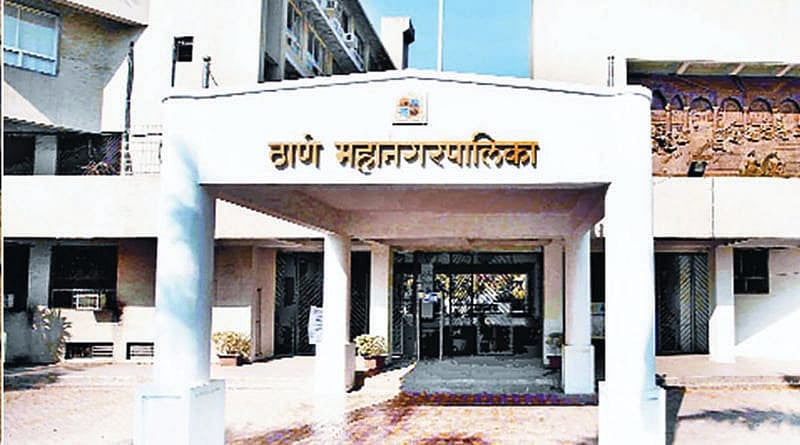On Friday evening, Yogendra Yadav released document they called Mission Jai Hind – a seven-point plan of action "to respond to the present economic, health and humanitarian crisis".
This document, however, drew a lot of controversy regarding Point number 7 that addressed the ‘Right to Property’. All resources (cash, real estate, property, bonds, etc) with the citizens or within the nation must be treated as national resources available during the crisis," the document stated, which drew a lot of flak, with people calling it authoritarian.
Ramachandra Guha, who was one of the people to write the document, said that he did not authoritise the final contents of the document, causing more confusion over who actually drafted the document and put it online.
On Saturday afternoon, Yadav put out a revised version of the document that amended Point Number 7, following which Guha deleted his tweet and put out a fresh tweet, saying that the controversy is over.
Here’s what conspired in the past 15 hours

1. Yogendra Yadav puts out document: On Friday, Yogendra Yadav, Ramchandra Guha and a few other "leading economists, intellectuals and activists" propose 'Mission Jai Hind' - a seven-point plan of action "to respond to the present economic, health and humanitarian crisis".
The plan includes bringing migrants back home within 10 days, standing with COVID-19 patients and frontline workers, universal PDS for 6 months, 200 days of guaranteed work, compensation for loss of job and interest waiver for farmers, small businesses, house loans etc.
The seventh point that focuses on property says, "All resources (cash, real estate, property, bonds, etc) with the citizens or within the nation must be treated as national resources available during the crisis."
2. News Does not go well: Several people on Twitter criticise the move. Columnist Andy Mukherjee says, “I had to read 7.1 thrice before I could believe it. I would request those signatories who are on Twitter to explain whose private wealth they want to expropriate, how they want to do it, and if they propose ever to return the assets with/without interest?”
Podcaster Arnab Ray said, “Yogendra Yadav and Ram Guha and other assorted “intellectuals” asking for government to take over any private property they deem fit. This is the state of Indian “liberals”: kagaz naheen dikhayenge libertarian on even days and grab your private property communism on odd days.”
Prof. Shamika Ravi took to Twitter and said "Such “leading economists” have done enough damage already in this country. This document is an assault on private property in India."
However, human rights activist Harsh Mandar, who had tweeted a few times on other topics during the controversy, did not have any thing to contribute to what had transpired.
3. Ramachandra Guha says it was published without consent: While the proposed plan made headlines, Indian historian Ramchandra Guha quickly disassociated himself from the plan and said that the published version of the plan had a radically different clause which he never endorsed.

In a series of tweets, he said, "The Mission Jai Hind Statement that was sent to me had this broad statement of principle as clause 7.1, which I approved, namely: “All resources within the nation are national resources, available for this mission.
"The published version had a radically different clause 7.1: “All the resources (cash, real estate, property, bonds, etc) with the citizens or within the nation must be treated as national resources available during this crisis.” I have not and do not endorse this."
"This clause, that has become deeply tendentious with the major changes made without the consent of some signatories, has taken attention away from the many sensible suggestions made in the Statement."
4. Yogendra Yadav clarifies the statement: Yadav took to Twitter and said that "Pt 7.1 has attracted undue attention & interpreted to mean a call for nationalisation/expropriation of private property. This was far from our intention."

He added that now, the clause has been reformulated to, Yadav, says "The government must explore emergency ways of raising resources going beyond the usual set of taxes and levies to cope with the problem of funding large relief packages"
5. Ram Guha deletes old tweet: Guha, who earlier, distanced himself from the clause in the plan, said that the new point in the statement is appropriate and that the controversy over this should be put at rest.
"The new pt 7.1 in the Mission Jai Hind Statement is extremely appropriate and all controversy should now be set at rest. I trust that fellow citizens shall focus on the many important recommendations in our plan and will urge Central and State Governments to implement it," he said.





